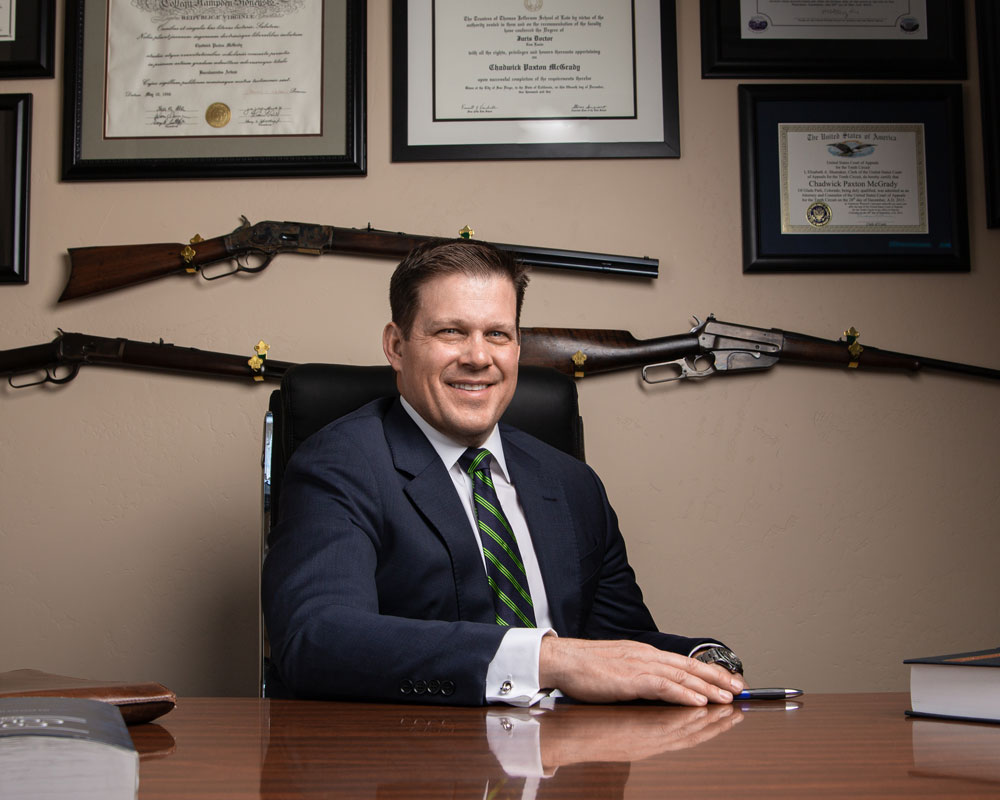In July 2011, a taxicab driver struck two women who were crossing the street in downtown Denver. One of them, Jessica Ferrer, suffered significant injuries and sued the driver and his employer, the Colorado Cab Company (“Yellow Cab”). Yellow Cab also owned the taxicab involved.
Ms. Ferrer argued that the driver was negligent. Furthermore, she pointed out that he had been acting within the scope of his employment duties for Yellow Cab when the crash occurred. Therefore, she argued that Yellow Cab was vicariously liable for the driver’s negligence under the doctrine of respondeat superior, which holds companies responsible for the actions of their employees and agents when those actions are done in their service.
She also brought negligence claims directly against Yellow Cab, arguing that Yellow Cab itself had been negligent in its hiring, training, supervision of and decision to entrust the driver with its taxicab.
Surprisingly, Yellow Cab admitted that the driver had indeed been acting within the scope of his duties at the time of the crash.
Then the case went in a direction you might not expect. Yellow Cab argued that, by admitting liability as the driver’s employer, it had immunized itself from the negligence claims. Relying on a prior precedent, the trial court agreed and dismissed the negligence claims against Yellow Cab.
The case went all the way up to the Colorado Supreme Court, which also agreed that Yellow Cab’s admission of respondeat superior liability shielded it from the direct negligence claims.
Assembly changes the law to void Supreme Court’s decision
Now, the Colorado Assembly has passed House Bill 21-1188, which reverses the Colorado Supreme Court on this issue. The Supreme Court’s job is to determine what the law is at the time the issue is brought before it. The Assembly has the power to rewrite the law, and it has. Governor Polis signed HB 21-1188 into law on May 17.
Under the new law, a company’s admission that it is liable for its employee’s actions no longer shields it from a complaint that it was itself negligent.
This is an important change for plaintiffs in personal injury and other civil cases. Now, the law holds employers responsible for both the actions of employees and for their own negligent actions in cases where both the employee and the company are alleged to have injured someone.
The law will also make it easier for Coloradoans to find out the truth about corporate negligence and unsafe actions by organizations.
The Colorado Trial Lawyers Association worked hard to get HB 21-1188 signed into law and considers it a major legislative victory. Attorney Chadwick McGrady is an Eagle Member of the Colorado Trial Lawyers Association.

